South Korea's animals include the Korean Brown Frog (Rana coreana), the Oriental Magpie (Pica serica), the Asian Joro Spider (Trichonephila clavata), and the tiger (Panthera tigris), which is the national animal. South Korea's predominantly mountainous terrain supports a diverse fauna. Discover more about these unique South Korean animals below.
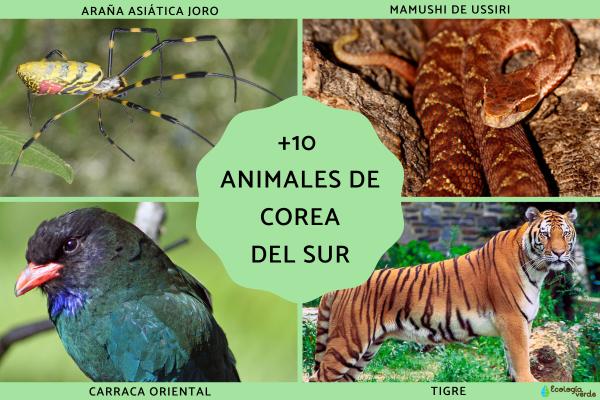
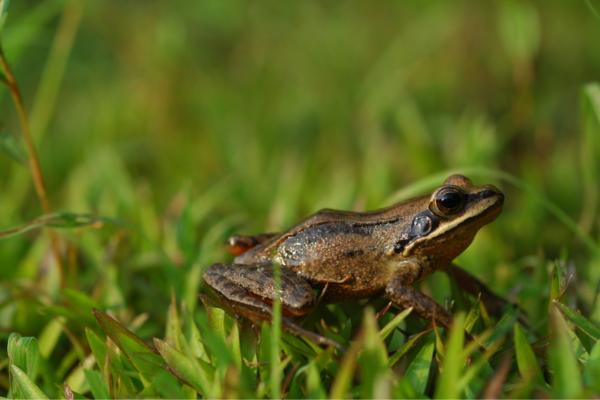
Endemic to Korea, the Korean Brown Frog inhabits areas up to 700 meters in altitude. Females measure up to 44 mm, males up to 38 mm. They live in shallow waters such as lakes, rivers, and ponds, and hibernate in shallow mud during winter.
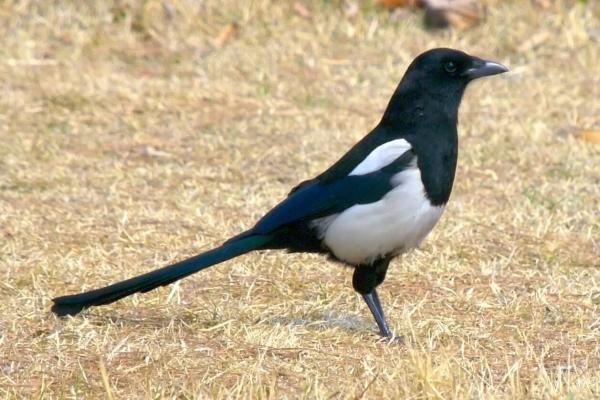
Commonly found in Seoul, the Oriental Magpie differs from the common magpie with a sturdier body, longer wings, and significantly shorter tail. Its feathers exhibit iridescent shades of blue and green. It inhabits open areas, including urban environments, parks, and forests, and is recognized by its loud vocalizations. This species is endemic to Korea.
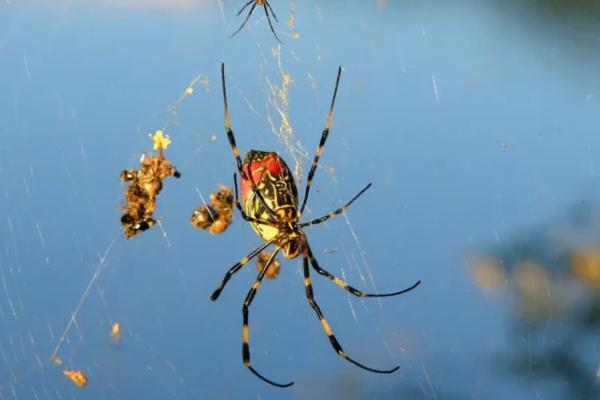
Known as the "flying spider," the Asian Joro Spider does not actually fly but disperses by drifting on strong silk threads carried by the wind, strong enough even to catch small birds. It is venomous but rarely bites humans, and its venom is not lethal. Recently transported by air travel to the United States, it is expected to expand rapidly. It measures between 1 and 1.5 cm.

Common throughout South Korea, the Asian Lady Beetle measures 7-8 mm and displays a range of colors including yellow, red, orange, or mixed shades. Introduced to the Americas to control aphid populations, it has become widespread globally.
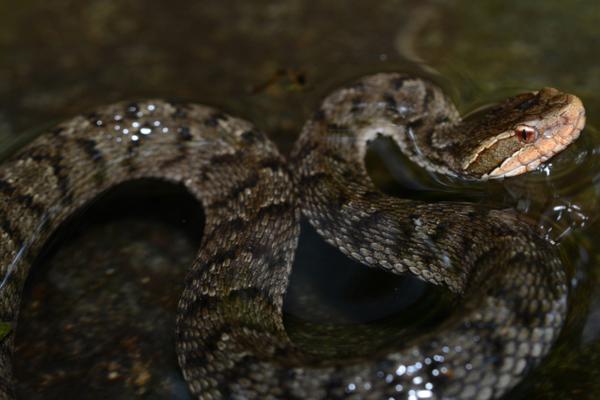
The Ussuri Mamushi is a venomous viper endemic to South Korea, measuring typically 35-40 cm. Its scales are gray to black, sometimes brown. It has also been found in parts of Russia.
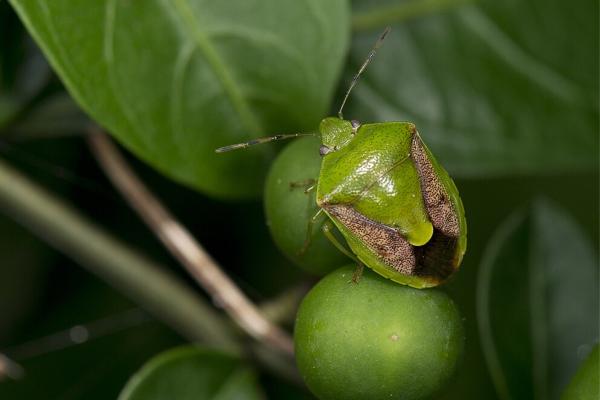
Plautia stali, commonly called the Green Stink Bug, emits a persistent foul odor as a defensive mechanism. Considered pests due to crop damage, they are an important food source for birds and lizards. Hundreds hibernate together during winter, playing a vital ecological role.
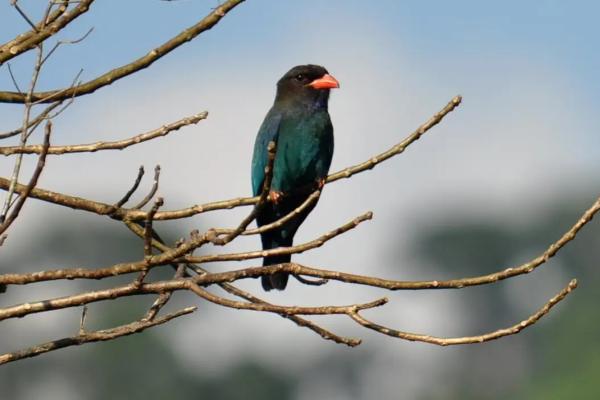
This vividly colored bird features blue-green plumage with distinctive white or pale blue patches under its wings. With orange legs and bill, it grows up to 30 cm in length. Its diet primarily consists of insects, particularly beetles.
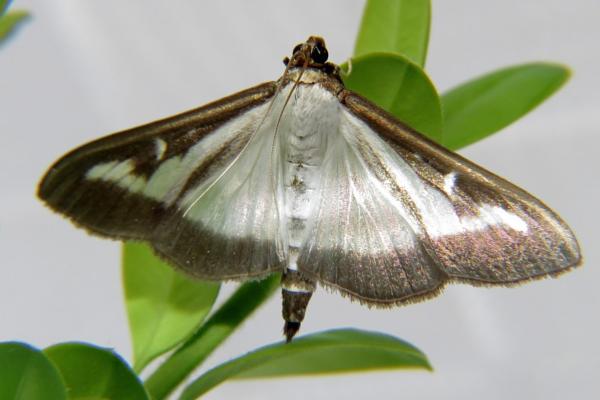
Originally endemic to Korea, the Box Tree Moth has recently invaded Europe, severely damaging boxwood shrubs by stripping their leaves.
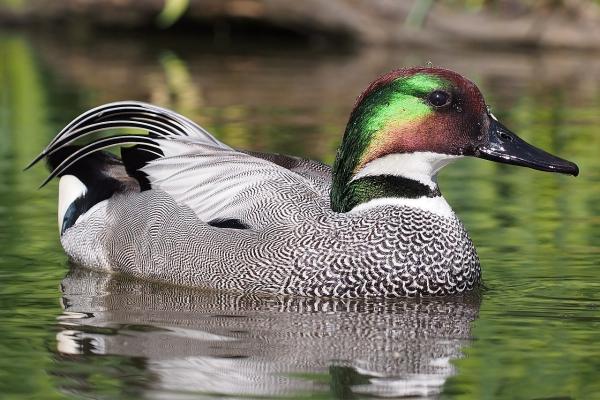
Characterized by striking iridescent plumage, the Falcated Duck inhabits forested areas near freshwater lakes or rivers. In winter, they migrate to warmer coastal regions, rice paddies, and marshes. Males display elaborate patterns of stripes and spots on their feathers.
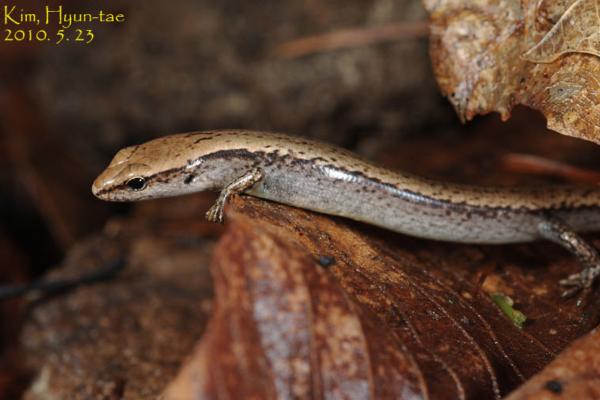
Endemic to Korea, the Korean Skink is a reptile characterized by an elongated body, small limbs, and tiny legs, resembling a snake. Typically brown, they dwell in damp forest-floor environments.
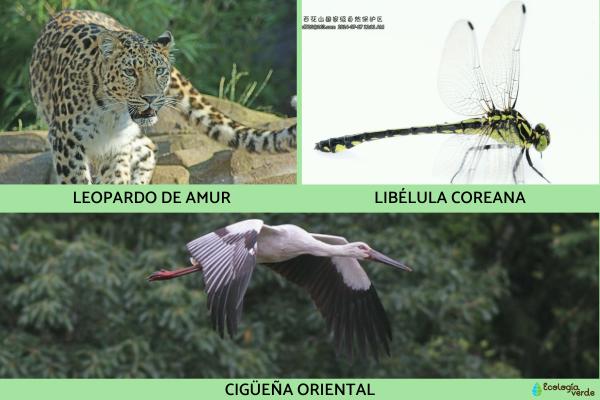
Due to indiscriminate hunting and urban development, over 250 species in Korea face extinction, including:
Amur Leopard (Panthera pardus orientalis)
Korean Dragonfly (Asiagomphus coreanus)
Oriental Stork (Ciconia boyciana)
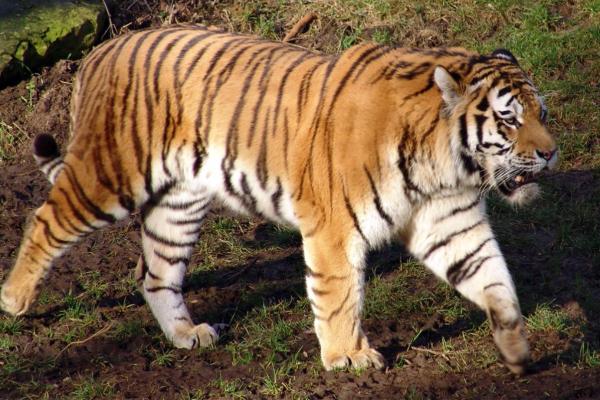
The tiger (Panthera tigris) is South Korea's national animal, symbolizing courage, benevolence, and protection from evil spirits. Legend holds that a tiger witnessed Korea's founding, becoming a sacred figure and inspiring Korea's Olympic mascot.
animal tags: Korean Animals
We created this article in conjunction with AI technology, then made sure it was fact-checked and edited by a Animals Top editor.